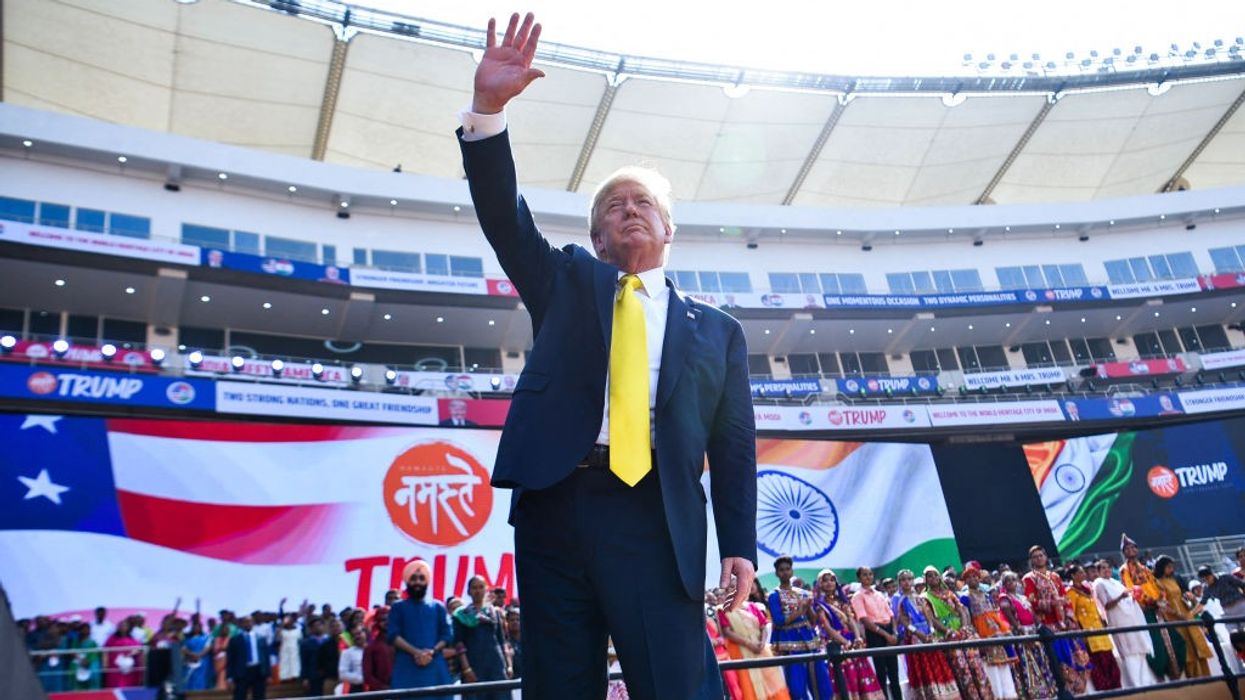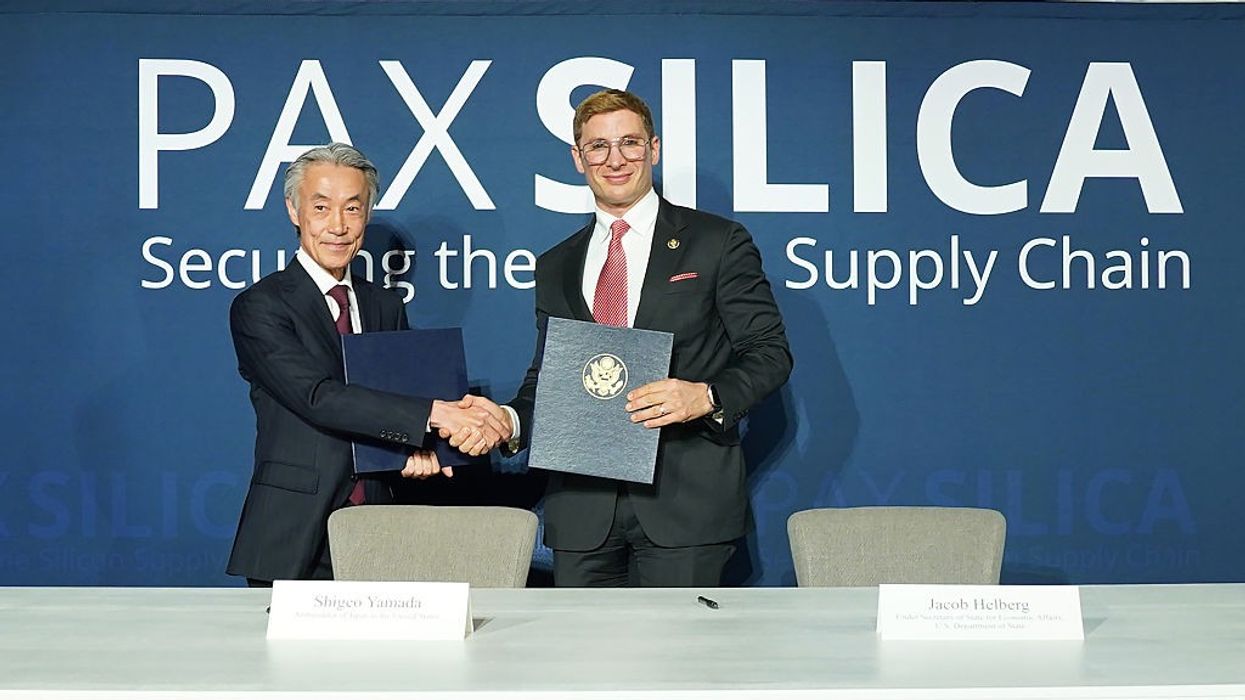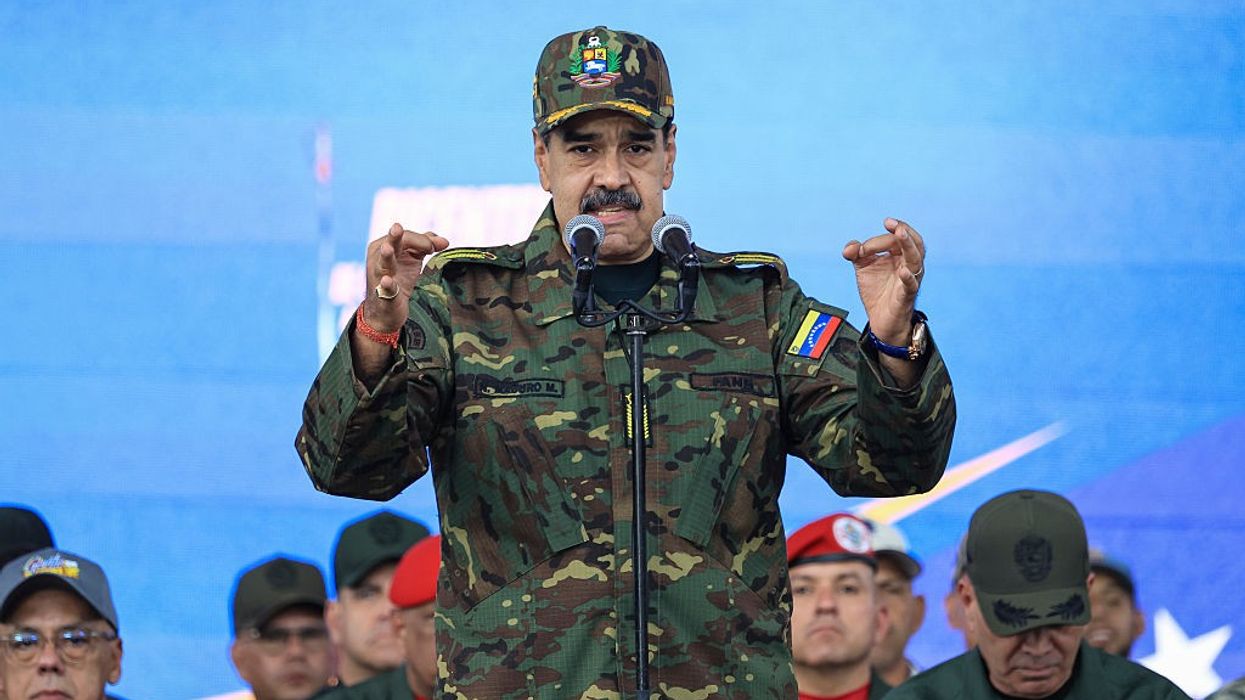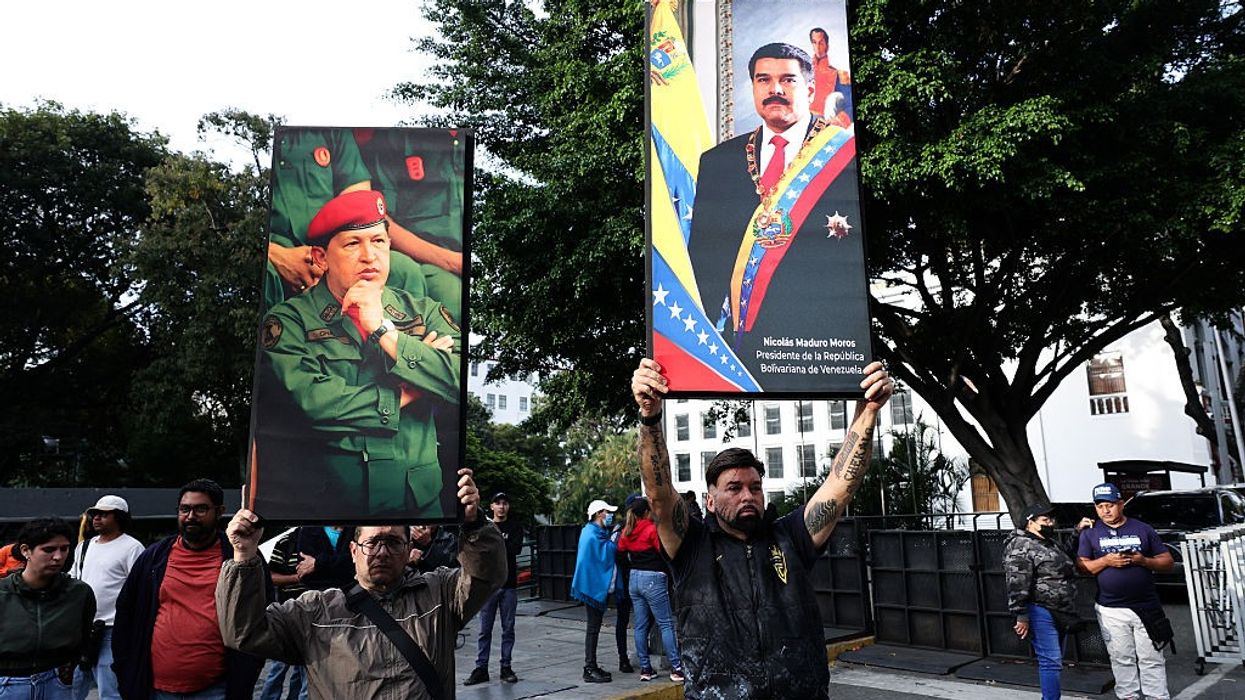President Donald Trump has suggested that India has 'largely stopped' purchasing Russian oil, indicating a shift in India’s energy strategy amid ongoing geopolitical pressure from Washington. Speaking to reporters at the White House, Trump added that trade negotiations between the two nations were progressing positively and that he would consider visiting India in 2026 should Indian prime minister Narendra Modi extend an official invitation.
Trump described Modi as both “a friend” and “a great man,” recalling his last visit to India during the “Namaste Trump” event in Ahmedabad. But relations between the two leaders in recent months have appeared strained, with policy differences and trade tensions emerging as persistent friction points.
Since returning to office, Trump has imposed steep tariffs on Indian exports and announced a $100,000 fee on new H-1B visa petitions, a move that significantly impacts Indian IT professionals and outsourcing firms. Additionally, Trump has repeatedly claimed credit for mediating peace during past India-Pakistan tensions, statements that New Delhi has firmly rejected.
Trade analysts say these developments have contributed to a cooling of India-US diplomatic warmth. Alexandra Hermann, Head of Southeast Asia Research at Oxford Economics, noted that discussions are still underway to reduce tariffs on Indian goods. Currently, India faces tariffs of about 50 per cent on exports to the US—higher than even China, which faces 47 per cent duties. If negotiations progress, tariffs could be lowered to around 20 per cent, placing India in a similar bracket as Vietnam and Thailand, though still higher than Japan and South Korea.
However, the issue of Russian oil imports remains a major point of contention. Despite Trump’s assertion of a significant reduction, experts caution against interpreting this as a permanent strategic shift. India, the world’s third-largest oil importer, has maintained that its energy decisions are guided by affordability and accessibility. Russian crude has been available at steep discounts due to Western sanctions, making it economically advantageous for India to maintain purchases.
Recent US sanctions on major Russian oil companies Rosneft and Lukoil, effective from November 21, have already led Indian and Chinese refiners to scale back orders. Reuters reported that Russian-grade crude is currently trading at its largest discount to Brent in nearly a year, suggesting market pressure is pushing importers to diversify.
Yet, analysts argue that India is unlikely to fully disconnect from Russian energy supplies. Prateek Pandey, Head of APAC Oil and Gas Research at Rystad Energy, emphasized that “economics will ultimately drive India’s decisions.” With global oil prices unpredictable and energy demand rising, Russia remains one of India’s most cost-efficient suppliers. “Completely phasing out Russian oil isn’t realistic,” Pandey said, noting that future trade-offs between affordability and diplomatic alignment will test India’s “economics-first” approach.
As discussions continue, India will have to balance strategic autonomy, cost-efficient energy policy, and evolving diplomatic expectations—an equation that remains central to its positioning in global politics.
















